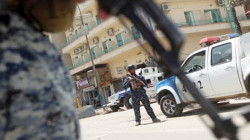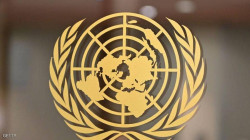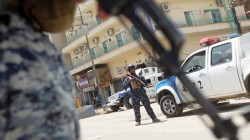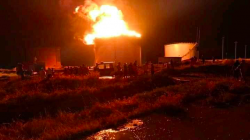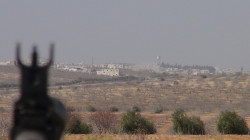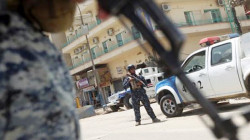Nineveh Council proceeds with committee distribution despite challenges
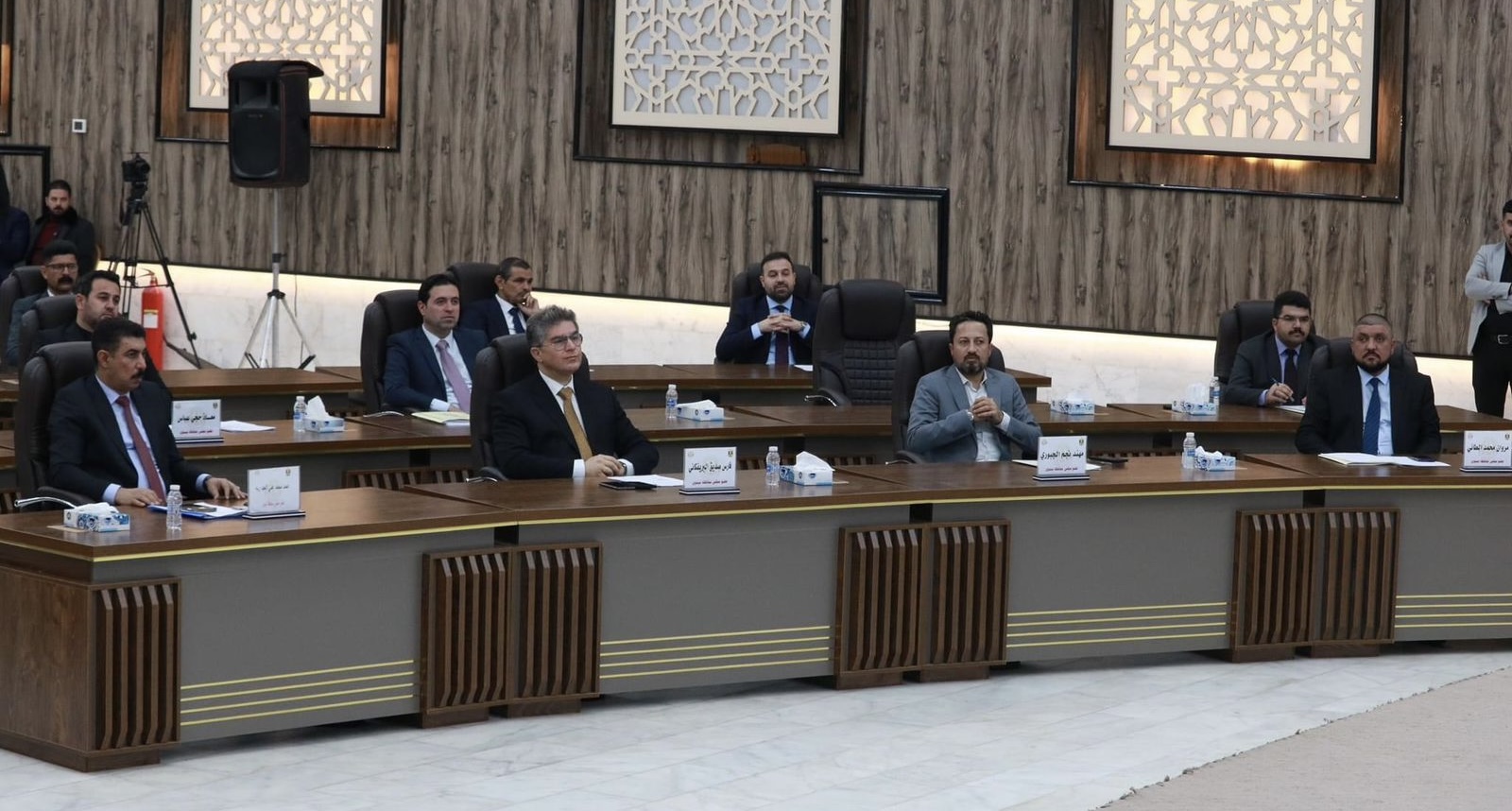
Shafaq News / The President of the Nineveh Provincial Council Ahmed Al-Hasoud affirmed, on Monday, that the session for distributing committees in the council would proceed tonight, whether all blocs attend or not.
Al-Hasoud, a member of the National Contract Alliance, stated to Shafaq News Agency that "the Nineveh Provincial Council will hold its session this evening to form the permanent committees in the council to exercise its oversight powers."
He added that "the session will proceed whether all political blocs attend or only the largest bloc," indicating that the Coordination Framework and National Contract Alliances (with 16 seats) would proceed with the session and committee selection even if boycotted by the members of the Unified Nineveh (with 13 seats) along with the parties.
Al-Hasoud hinted at the presence of "parties seeking to obstruct tonight's session," referring to some members of the Unified Nineveh, concluding his statement by saying, "Political blocs have been given a significant opportunity for understanding, but some are trying to obstruct the council's work and maintain the status quo by rejecting all agreements."
It is noteworthy that the dispute between "Unified Nineveh" and the Kurdistan Democratic Party (KDP), with 13 seats, and "Nineveh Future", which includes the Coordination Framework and National Contract Alliance with 16 seats in the council, reached its conclusion after the committees were divided within the council, with nine committees for the former and 11 committees for the latter.
The conflict intensified within the corridors of the Nineveh Council, stumbling at the beginning of its journey after failing in its initial sessions to convene and select committees, following attempts by the Coordination Framework allies to control 14 committees for themselves and leaving six committees for Unified Nineveh and the parties, deepening the disagreement initially.
However, members of the council stated that mediations by Nineveh Governor Abdul Qadir Al-Dakhil led to a convergence of views after an Iftar (breaking the fast during Ramadan) meeting, where the president and members of the council from the two main blocs discussed the reasons for the disagreement and how to overcome it.
